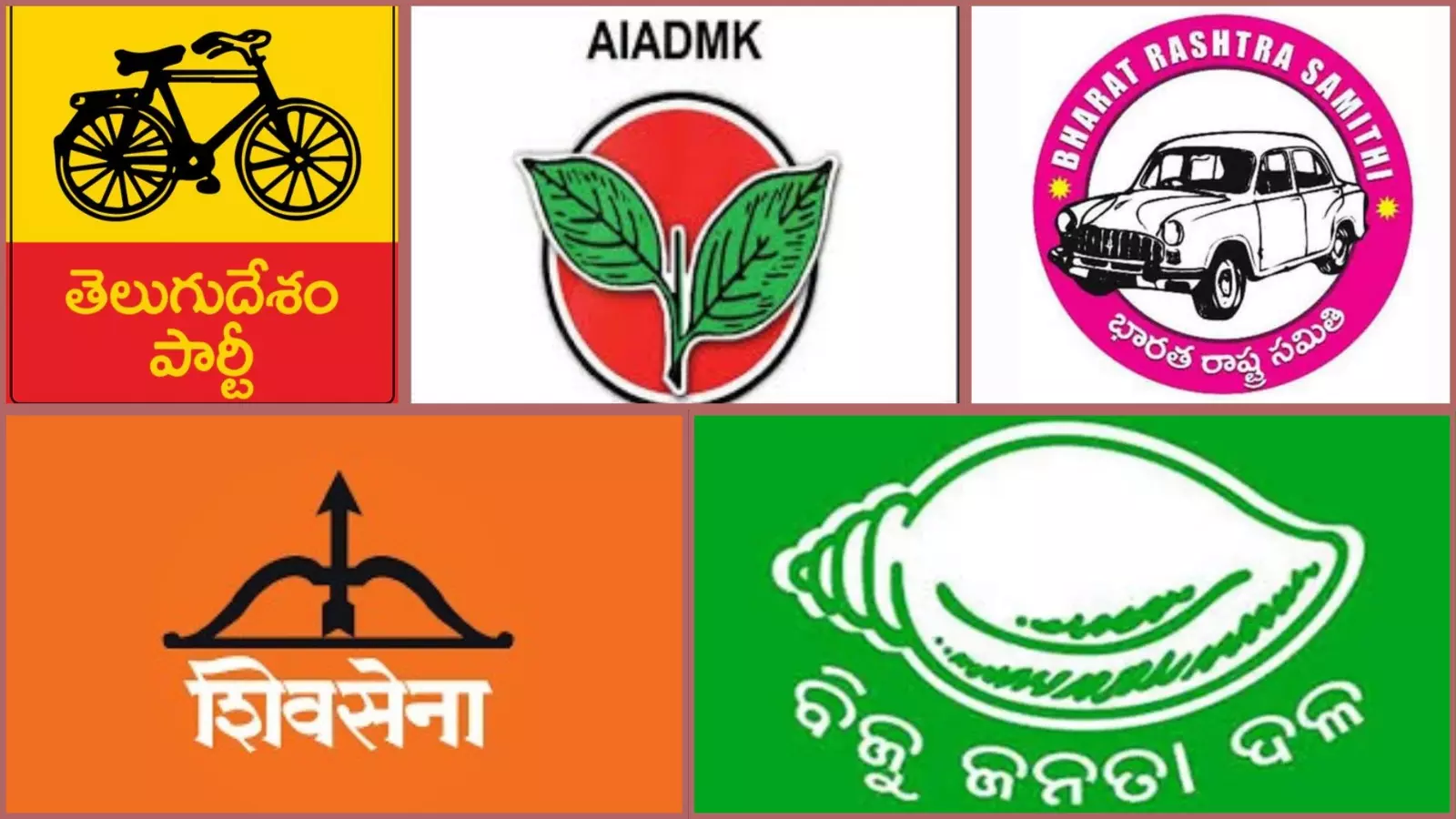Introduction
Shiv Nadar, dubbed "Magus" (Persian for "wizard") by friends, is an Indian billionaire industrialist and philanthropist who transformed the global IT landscape by founding HCL Technologies. As the chairman emeritus of HCL and founder of the Shiv Nadar Foundation, Nadar’s journey from a small Tamil Nadu village to a Forbes-listed tycoon (net worth $36.5 billion as of March 2025) is a saga of innovation and social impact. His pioneering work in IT and education has earned him the Padma Bhushan and global acclaim. This article delves into his life, career, achievements, and enduring legacy.
Early Life and Education
Born on July 14, 1945, in Moolaipozhi, Thoothukudi district, Tamil Nadu, Shiv Nadar grew up in a Tamil Hindu family. His father, Sivasubramaniya Nadar, and mother, Vamasundari Devi, instilled a value for education. Vamasundari’s brother, S.P. Adithanar, founded the Tamil daily Dina Thanthi, and her cousin, Ramanichandran, was a noted Tamil novelist, rooting Nadar in a culturally rich lineage. His schooling spanned multiple institutions due to his pursuit of quality education:
Town Higher Secondary School, Kumbakonam (until 1955).
Elango Corporation Higher Secondary School, Madurai (1955–57).
St. Joseph Boys Higher Secondary School, Trichy (high school completion). He earned a pre-university degree from American College, Madurai, and a bachelor’s in Electrical and Electronics Engineering from PSG College of Technology, Coimbatore. Contrary to some claims, there’s no evidence he pursued an MBA at IIT Delhi. Nadar’s academic rigour and scholarships shaped his belief in education as a transformative force.
Career Beginnings and HCL’s Genesis
Nadar’s professional journey began in 1967 at Walchand Group’s Cooper Engineering Ltd. in Pune, followed by a stint at Delhi Cloth Mills’ calculator division. Frustrated by corporate constraints, he and colleagues—Ajai Chowdhry, Arjun Malhotra, Subhash Arora, Yogesh Vaidya, S. Raman, Mahendra Pratap, and DS Puri—launched Microcomp Limited in 1975, selling teledigital calculators under the brand Televista. In 1976, with Rs. 187,000 and land from Uttar Pradesh, they founded Hindustan Computers Limited (HCL) in a Delhi garage, aiming to produce India’s first indigenous computers.
HCL’s early years were bold. In the 1980s, under Nadar’s watch, HCL developed microprocessors alongside Steve Jobs’ Apple, a UNIX-based OS, and a relational database system. By 1980, HCL expanded globally with Far East Computers in Singapore, earning Rs. 1 million in its first year. A 1989 U.S. venture failed due to Apple’s dominance, but a 1991 partnership with Hewlett-Packard formed HCL HP Limited, marking HCL’s global pivot. Nadar’s 1998 restructuring split HCL into five units, with HCL Technologies as the IT services flagship. The 1999 IPO made HCL India’s second-largest IT firm, and by 2024, HCL Technologies boasted $13.4 billion in revenue and 220,000 employees across 60 countries.
Leadership Transition
Nadar stepped down as HCL Technologies’ chairman in July 2020, passing the role to his daughter, Roshni Nadar Malhotra, the first woman to chair a listed Indian IT firm. In July 2021, he relinquished the managing director role to CEO C Vijayakumar, becoming chairman emeritus and strategic advisor. In 2025, Nadar transferred 47% of his HCL stake to Roshni, ensuring family-led succession while remaining the largest shareholder.
Philanthropy and the Shiv Nadar Foundation
Since 1994, Nadar has committed over $1.5 billion to the Shiv Nadar Foundation, focusing on education to empower India’s youth. Key initiatives include:
SSN College of Engineering (1996): Founded in Chennai in memory of his father, it promotes research and global university tie-ups. Nadar gifted Rs. 1 million in HCL shares to its endowment.
VidyaGyan Schools (2008): Two Uttar Pradesh schools offering free scholarships to 200 rural students from 50 districts.
Shiv Nadar University (2011): A multidisciplinary research university in Noida, ranked 56th by NIRF in 2021, fostering STEM and liberal arts.
Shiv Nadar School: A K-12 chain launched in Chennai (2022), emphasising holistic growth. The Foundation impacts 39,000+ students, nurturing talent from remote areas to global stages. Nadar’s wife, Kiran, an Asian Games medalist and art collector, supports the Foundation and runs two Delhi art museums housing 300+ paintings. Nadar’s 2024 donations of Rs. 6 crore daily made him India’s most generous philanthropist.
Achievements and Recognition
Nadar’s contributions to IT and philanthropy have earned global accolades:
Padma Bhushan (2008): India’s third-highest civilian award for IT contributions.
E&Y Entrepreneur of the Year (2007): Services category.
Honorary Doctorate (2007): Madras University.
Forbes’ 48 Heroes of Philanthropy (2011): Asia Pacific list.
India Today’s 50 Most Powerful People (2017): Ranked 16th.
Forbes Billionaires List (2025): #51 globally, India’s third-richest with $36.5 billion. His role on the Indian School of Business’ executive board (2005) and IIT Kharagpur’s board of governors (until 2014) amplified his educational influence.
Personal Life and Interests
Married to Kiran Nadar, a renowned bridge player and art collector, Shiv Nadar has one daughter, Roshni, HCL’s chairwoman. The family enjoys bridge, sponsoring the HCL Bridge Tournament in India. Nadar, a Cancer zodiac, stands at 5’7” and maintains a low-key lifestyle despite his wealth. His early activism as a DMK student leader during the 1967 anti-Hindi agitation at PSG College reflects his Tamil roots, though he later advised Tamil students to learn Hindi for career growth, sparking debate. A 2019 act of defiance at an RSS event, where he subtly challenged cultural narratives, underscored his independent streak.
Controversies
Nadar’s career wasn’t without hiccups. A biography on him was shelved in the 2000s due to publisher hesitancy, reflecting challenges in documenting Indian tycoons. His 2019 Hindi-learning advice drew criticism in Tamil Nadu, seen as clashing with regional identity. HCL’s 1989 U.S. market failure and early 2000s struggles against competitors like TCS tested Nadar’s resilience, but his strategic pivots ensured HCL’s rebound.
Legacy and Future Prospects
Nadar’s vision made HCL a global IT leader, automating India’s NSE and contributing to Boeing’s Dreamliner systems. His Foundation’s focus on education positions India for a knowledge-driven future. At 79, Nadar remains active in philanthropy, with Roshni steering HCL. His succession plan ensures HCL’s stability, while the Foundation’s expansion, including new schools and research hubs, aims to impact millions. Challenges include navigating global IT competition and scaling educational outreach, but Nadar’s track record suggests continued influence.













Recent Comments
No comments yet.